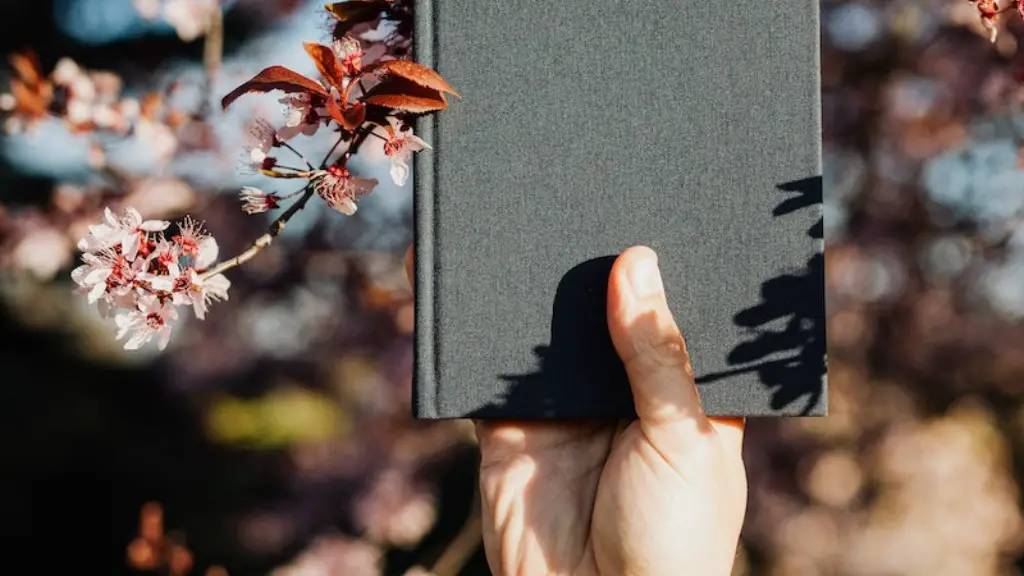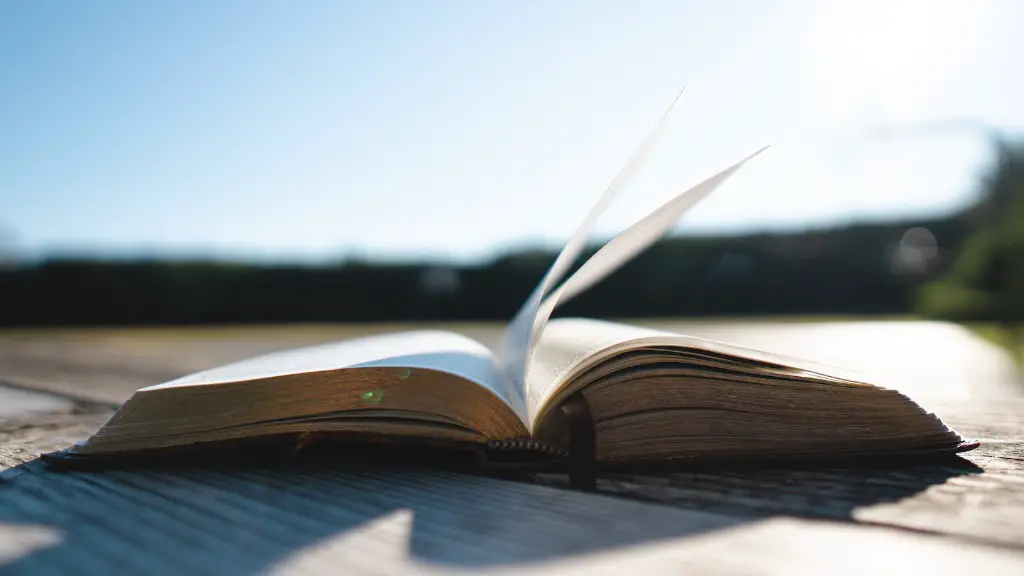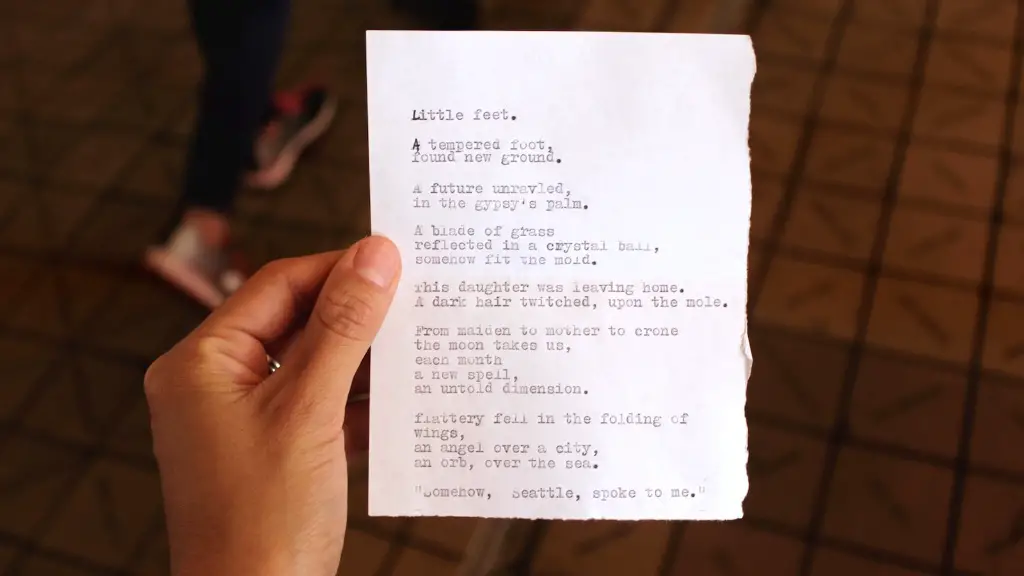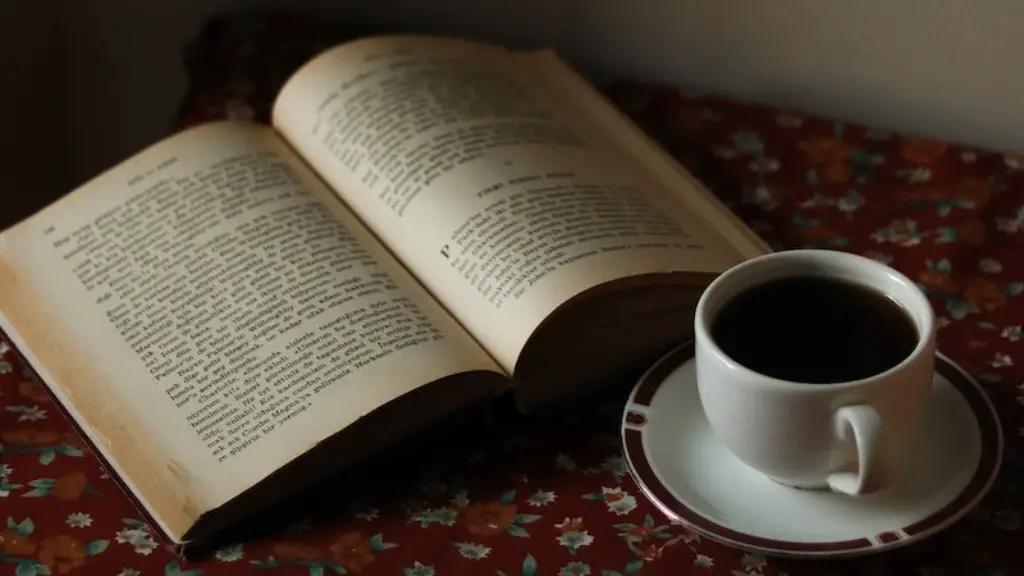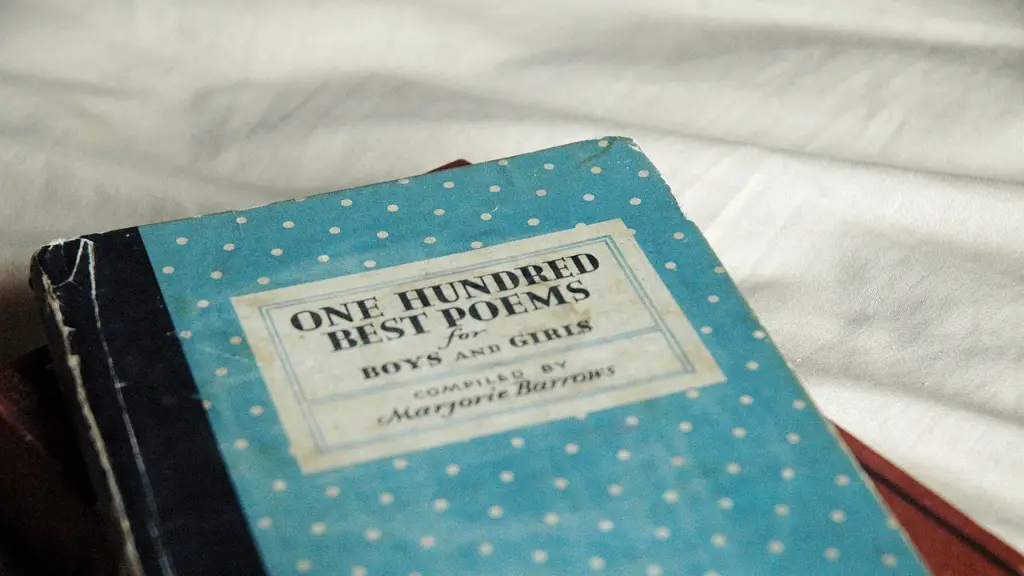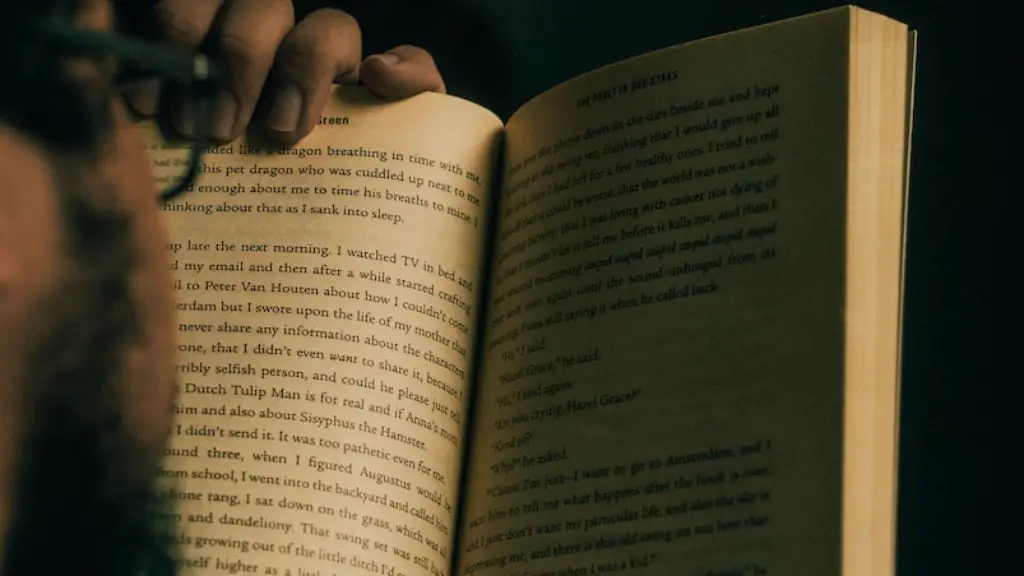Connect With Emotions
Writing powerful poetry starts with connecting with powerful emotions. It is important to understand one’s own emotions before trying to communicate them in a poem. It is also important to understand that individual emotions are often connected to the experiences of the writer and the readers. Writers must take this into consideration when creating a poem. Emotional triggers vary from person to person, so a poem that resonates with some people may not resonate with everyone. A great way to assess one’s own emotional triggers is by writing down emotion-provoking words and using them to write a poem.
Research
Research can be a powerful tool when writing a poem. It is important to understand the context of the poem and the language to be used. For example, if the poem is about a historical event, it is important to research the event to provide a factual background and accurately depict human behaviour and feelings during that time. It is also important to understand the themes and language used by the particular community or culture associated with the poem. This research can lead to an understanding of the language, a better selection of words and an ability to understand the cultural context of the poem.
Choose the Right Words
When writing poetry, it is important to use the right words to communicate the emotions of the poem, as well as to properly reflect the context. Choosing the right words involves understanding the words that have a deeper meaning and impact. Complex ideas or abstract concepts can be expressed in simple words. It can also be beneficial to use uncommon words that the readers may not be familiar with. This enriches the language of the poem.
Form and Structure
Form and structure are important when writing poetry. A poem without form is simply an essay, but with form, it becomes distinctive and stands out among others. It is important to decide on the desired form before starting to write. Forms such as sonnets, haikus, haibuns, villanelles and cinquains are just some of the many forms used in poetry. Each form has its own rules and structure which can be adapted to express the poem’s message. The form and structure can also be used in creative ways – the poem can break away from traditional rules or be written in parts to explore different themes.
Vivid Imagery
Vivid imagery is one of the most powerful tools in poetry as it can help to effectively express the emotions of the poem. Imagery is used to help the reader to experience or visualize the poem. Vivid images can be used to evoke emotions, help the reader to feel the atmosphere and illustrate a concept quickly. It is also important to focus on the clarity of the images.
Power of Rhythm
Rhythm is an essential part of any poem, as it helps to create a sense of flow in the poem and enhances its meaning. It can be used to create a certain atmosphere or emotion in the poem. Rhyme is also an effective tool to add depth and make the poem more memorable. It can help to illustrate a concept and also help to maintain the reader’s interest.
Create a Narrative
Creating a narrative can be another powerful way to write poetry. The narrative can be used to tell a story, express emotions or explore topics. It can also help to build tension and maintain the reader’s interest until the end of the poem. It is important to create an effective narrative and to use language that is appropriate for the narrative.
Include a Range of Artistic Techniques
Including a range of artistic techniques can also help to make a poem powerful. Different techniques could include visual imagery, sound devices and metaphors. Including these elements can help to give the poem a more vivid feel and maintain the reader’s interest. It is important to understand the connection between the ideas, language and artistic techniques when including them in a poem.
Analyze the Audience
It is important to analyze the audience when writing a powerful poem. Understanding the age, background, experiences, interests and location of the readers can help to create a powerful poem. This can include using language that is more familiar to the readers and connecting with the experiences of the readers. It can also involve providing a level of detail that is more applicable to the particular audience.
Avoid Clichés
When writing a powerful poem, it is important to avoid clichés. Clichés can give the poem a tired and tired look, which would make the poem less powerful. Instead, it is important to use words and phrases which are fresh and have a deeper meaning.
Be Authentic
Being authentic is another important factor when writing a powerful poem. Authenticity helps to ensure that the poem is genuine and that it resonates with the readers. It also helps to make the poem stand out and make it memorable. Authenticity can be created by writing about true experiences and connecting with powerful emotions.
Use Language Effectively
Language is another important element of writing a powerful poem. It is important to use language that is appropriate for the topic and audience. Using the right words can help to express the emotions in the poem and create the desired atmosphere. It is also beneficial to use language that is familiar to the readers and resonates with them.
Add Sensory Details
Adding sensory details to a poem is a great way to make it powerful. This can include not only visual details but also audio, smell, taste and touch details. These details can help to create a vivid and engaging poem. It is important to ensure that the details are relevant to the poem, as well as being vivid and accurate.
Experiment with Layout and Style
Experimenting with the layout and style of the poem is another powerful way to make the poem more effective. This could involve using a particular typeface or font, or experimenting with the line length. In addition, adding illustrations or white space can also help to make the poem more engaging.
Evaluate the Poem
When writing a powerful poem, it is important to evaluate it to ensure that it resonates with the readers. Evaluating the poem involves asking questions such as: Does the poem evoke powerful emotions? Does it accurately reflect the context? Does it use the correct language? Does it provide vivid imagery? These questions can help to ensure that the poem is effective and resonates with the readers.
Create an Effective Title and Introduction
Creating an effective title and introduction can be another powerful way to write a poem. The title can be a great way to draw people into the poem and the introduction can be used to provide an overview of the poem. These elements can help to make the poem stand out and pique the reader’s interest.
Understand Poetic Devices
Writing a powerful poem involves understanding the various poetic devices, such as alliteration, metaphors, rhyme, repetition and similes. It is important to understand how each of these devices can be used effectively to communicate the emotions and make the poem powerful.
Use Language to Create Atmosphere
Using language to create atmosphere is another important factor when writing a poem. This can include writing in a style or voice which expresses the emotion of the poem, as well as using the correct words to create the desired atmosphere. Additionally, using particular words or phrases which evoke emotion can also help to make the poem powerful.
Replace Weak Words
Replacing weak words is an important factor when writing a powerful poem. This involves replacing words which do not convey the desired emotion or provide the desired atmosphere with words which are more powerful and meaningful.
Narrate a Series of Events
Narrating a series of events in a poem can be a powerful way to communicate emotions and evoke a powerful atmosphere. This could involve writing a series of events which lead to a climax, or focusing on particular moments or sequences of events which are important to the poem.
Avoid Generic Language
When writing a poem, it is important to avoid generic language and instead use language which is specific and powerful. Generic language can be used to describe common everyday objects or behaviours, whereas specific language can be used to create vivid imagery and evoke powerful emotions.
Understand the Power of Voice
Voice is an essential element of writing a powerful poem. It is important to understand one’s own voice and how it can be used to connect with the reader. This could involve using language that is more personal, as well as writing in a particular style or tone. It is important to maintain one’s own voice throughout the poem and to use it to communicate emotions effectively.
Create a Captivating Ending
Creating a captivating ending is an important factor when writing a powerful poem. The ending is the last thing that the reader will experience and should leave the reader with a strong feeling. This could involve providing a surprise, adding a twist or leaving the reader with something to ponder.
